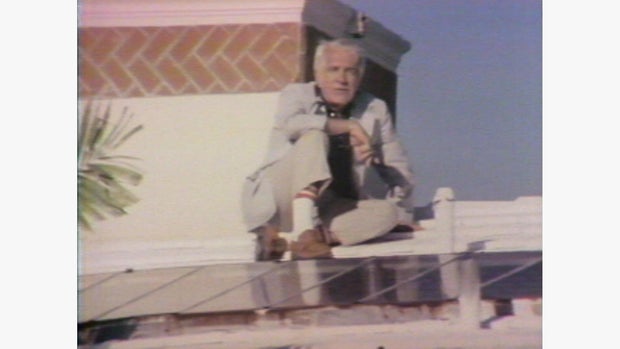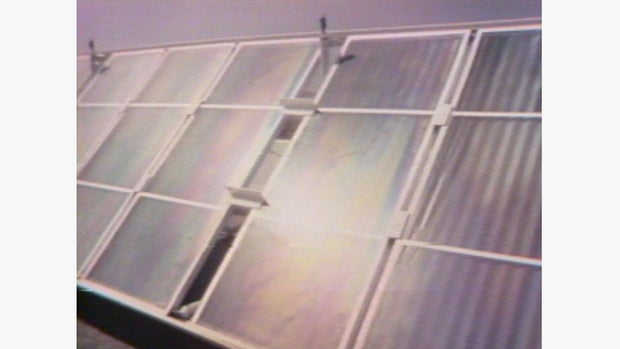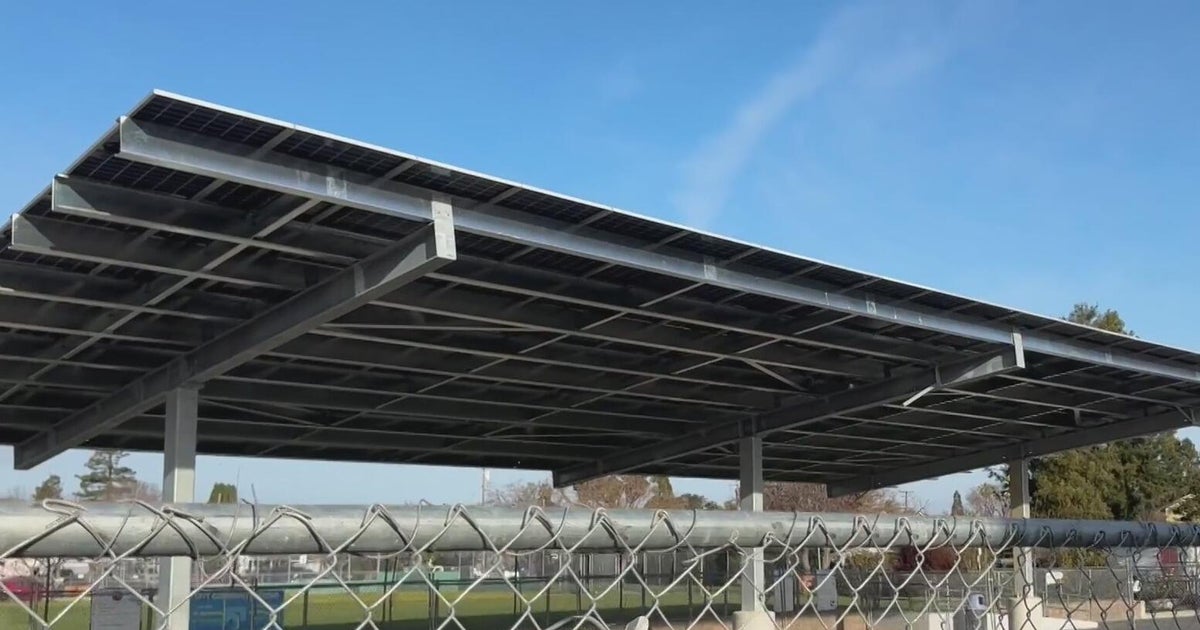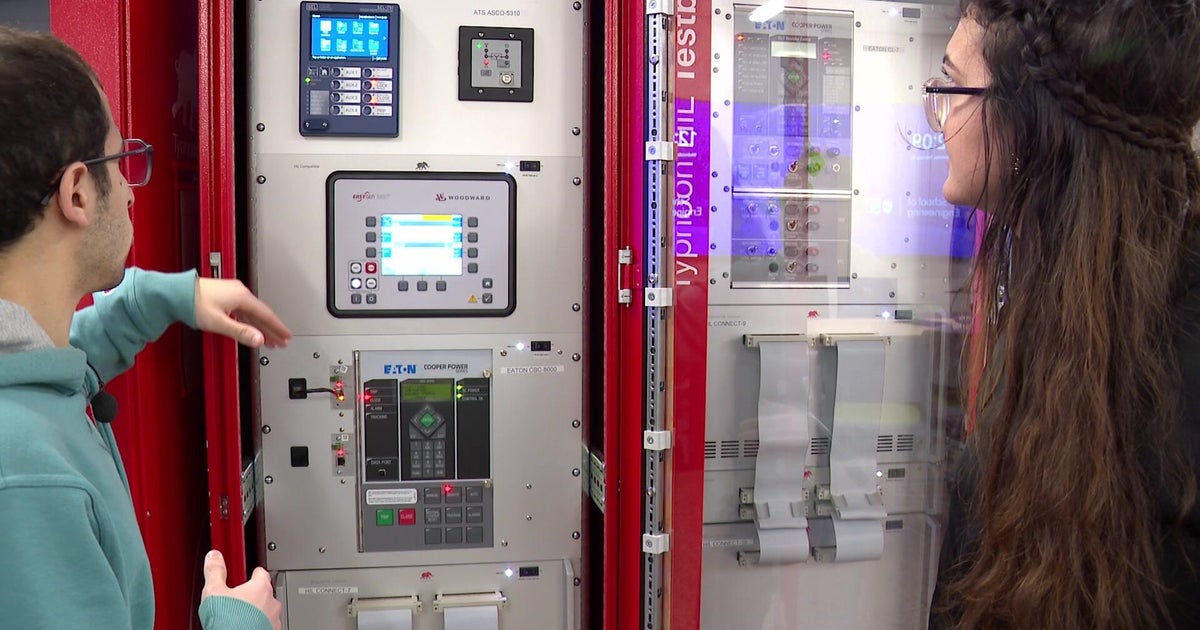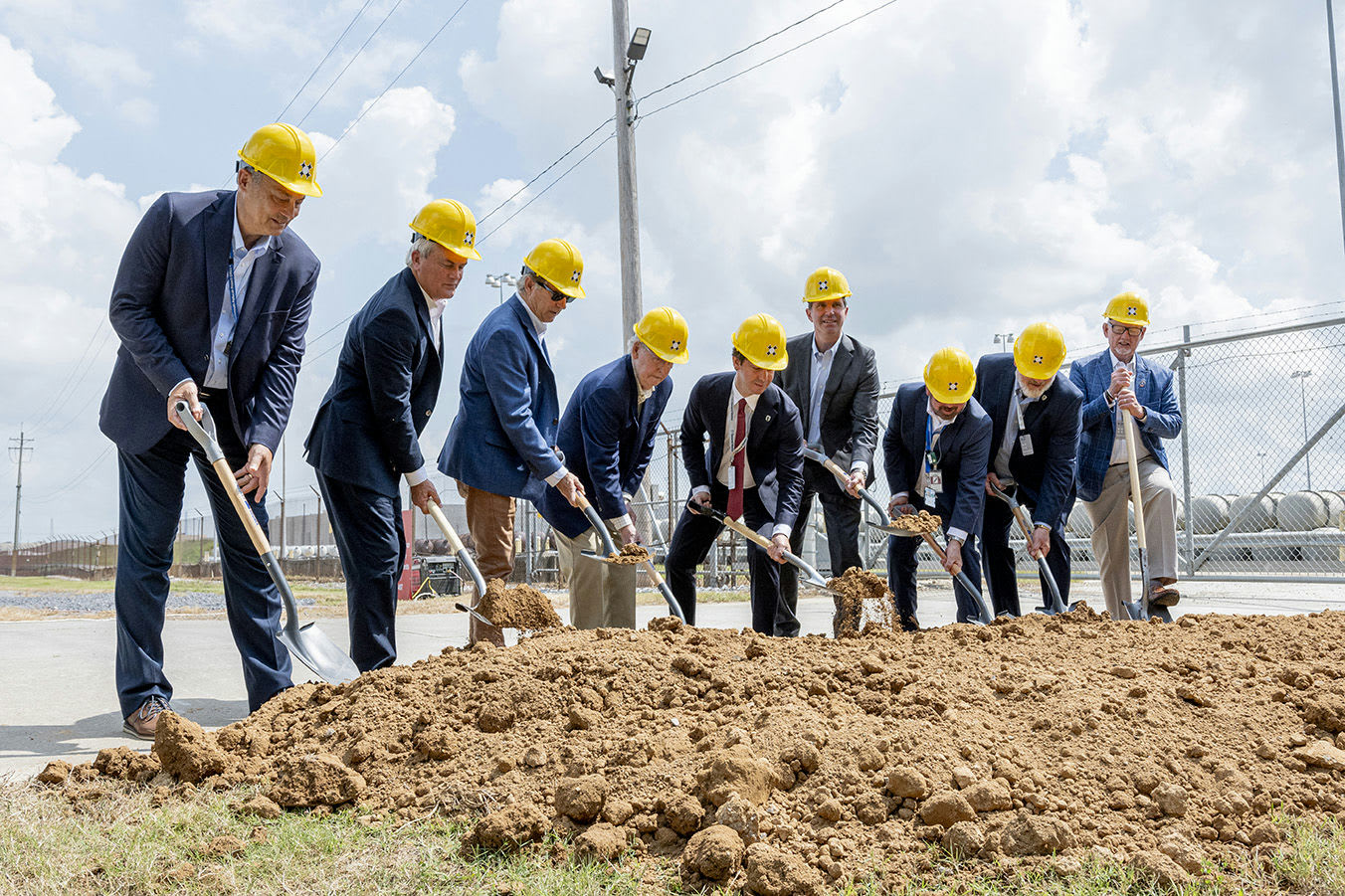From the archives: 60 Minutes' first report on solar energy, in 1979
No matter the source of their energy issues, people have been turning to solar solutions for decades.
60 Minutes first reported on harnessing the power of the sun in 1979. At the time, the global supply of crude oil had declined in the aftermath of the Iranian Revolution. As lines grew at gas pumps, Americans looked for ways to reduce their dependence on fossil fuels.
Some turned to the sun—and wondered when the U.S. government would lead the rest of the country into a future of renewable energy. The technology was successful, they argued, and it paid for itself over time.
"Solar energy may be an idea whose time has come for all of us," Harry Reasoner said on the broadcast at the time.
Now, more than four decades later, some governments are using solar energy to recover from natural disasters.
When Hurricane Dorian tore through the Bahamas in September 2019, the Category 5 storm destroyed an electrical substation and knocked down miles of utility poles, leaving some of the islands without electricity for weeks. When a 60 Minutes team visited three and a half months later, residents were still relying on generators.
To restore its power, the Caribbean country turned to one of its most abundant resources.
Bahamanian Prime Minister Hubert Minnis set up microgrids, small-scale systems made up of solar arrays. Through their battery storage, the microgrids can both power a single facility and feed electricity into a community's larger grid. They can also withstand future storms, an important tool as climate change intensifies hurricanes.
Solar microgrids in the Caribbean are starting to pay off. An American non-profit called the Rocky Mountain Institute in 2019 installed the microgrids on the roofs of 10 schools in Puerto Rico. In January 2020, as destruction from earthquakes shut down the island's main electrical grid for days, the microgrids continued providing power. Representatives from the Rocky Mountain Institute told 60 Minutes the lessons from Puerto Rico could apply almost anywhere, especially to places like California.
They are the lessons those who pushed for a solar solution knew some 40 years ago.
"Solar energy is not an experiment," Reasoner said in 1979. "It works, and it works in the marketplace. The problem is to swing society around to make use of the sun, to understand its simplicity, its potential for providing a part of our energy at a favorable cost. The solar system is doing quite well, thank you. It's the political system and the economic system that may need a little help."
This article was originally published on March 1, 2020.
